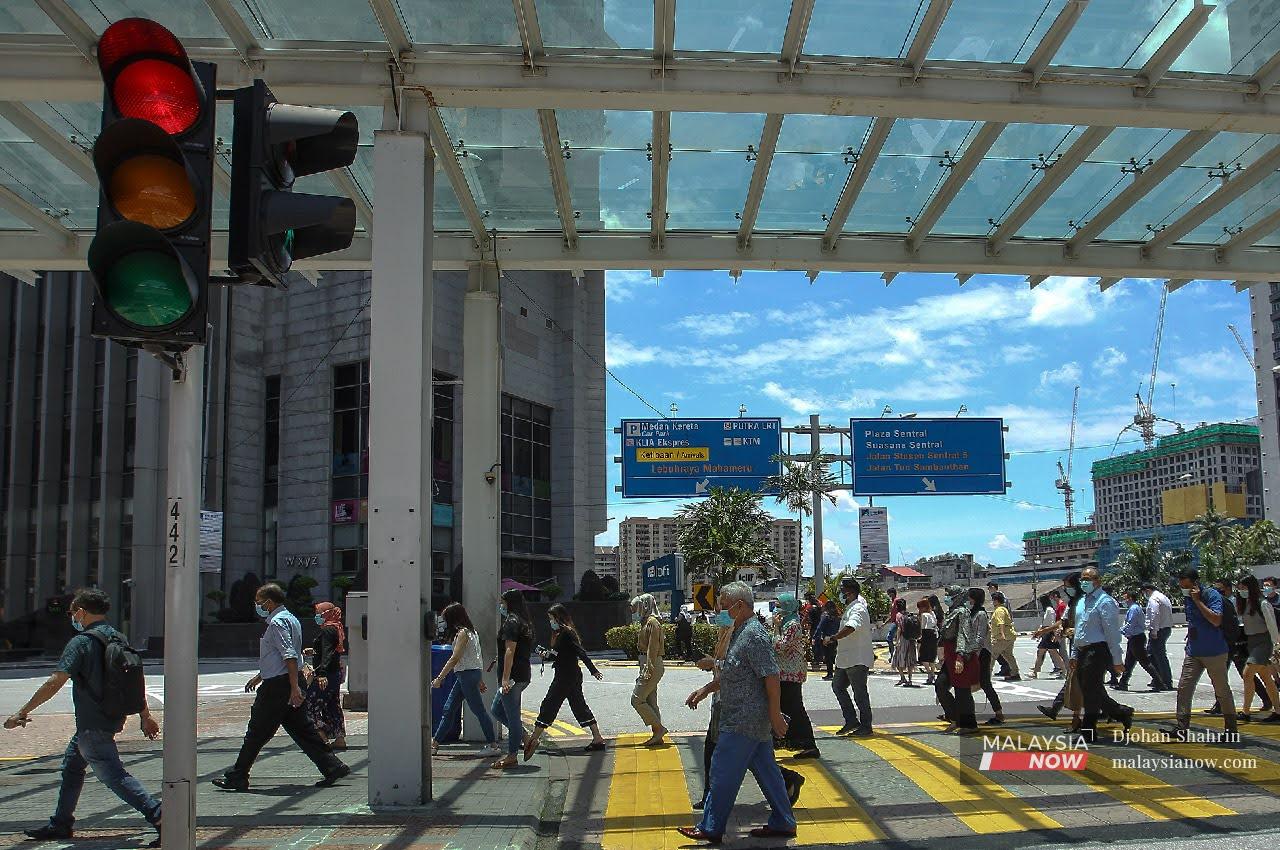Economist tells who could make or break race-based cartels
He says control over the supply chain is only part of the picture.
Just In
While the survival of race-based cartels in the country appears to hinge on their control over the supply chain, it is actually the group at the other end – consumers – who play a key role in determining their fate, an economist says.
Supply chain refers to the network of individuals, organisations, resources, activities and technology involved in the production and distribution of a product or service to the consumer.
MalaysiaNow previously reported that control over such networks is crucial to the operations of cartels, or independent businesses which work together resulting in near-complete monopoly over the market.
But Barjoyai Bardai said this is rooted in the attitude of consumers whom he described as “compromising” when it comes to the practice of cartels.
“The consumer group in Malaysia has been very passive, and they have been tolerating this for a long time,” he told MalaysiaNow.
“Many of them are very tolerant of the goods and services they consume,” he added, attributing this to a lack of awareness on where such products come from.
This becomes a problem when the supply chain is not open or transparent.
“The consumer group in Malaysia has been very passive, and they have been tolerating this for a long time.”
But given sufficient awareness of the factors at play, consumers have tremendous say over whether cartels rise or fall.
Barjoyai gave the example of the meat market in the UK in the 1970s.
At that point, he said, many in the Pakistani community were in the retail business, running sundry shops or in the fresh produce line.
After about 20 years, they went on to control the entire meat market, forming a cartel of their own despite being a minority group.
Such things could happen when consumer groups no longer tolerate existing cartels, he said.
Suhaiza Hanim Mohamad Zailani, a professor at Universiti Malaya, said business owners could help prevent preferential treatment resulting from communal relationships by assessing potential suppliers.
“If you have multiple potential suppliers, do some kind of assessment based on your list of criteria and give them ratings,” she said.
“The listing must be based on their skills, value-added services and products, among others.”
Her advice to owners is to look for partners who share the same objective.
“They should offer you value and make your product competitive in the market, and ensure customer satisfaction.”
Failure to do so could end up causing problems in production and a loss of customers, she said.
She said Malay and Bumiputera SMEs lag behind as they are not as competent in terms of innovation and resources, technology and creativity.
“These are the handicaps and why they have not progressed over the years.”
Barjoyai agreed that the Malays had not been able to penetrate the wholesale market as they lacked the right contacts.
“But they are slowly building this up,” he said, adding that retail businesses too are diversifying as many are now owned by multinationals.
But this is by no means the death knell for race-based cartels, he said, urging the government to take the issue seriously.
He said the government also has an important role to play in monitoring the free market system and ensuring that business is done fairly and efficiently.
“Right now, the consumers are protesting because the government is not monitoring the market well.”
Subscribe to our newsletter
To be updated with all the latest news and analyses daily.
